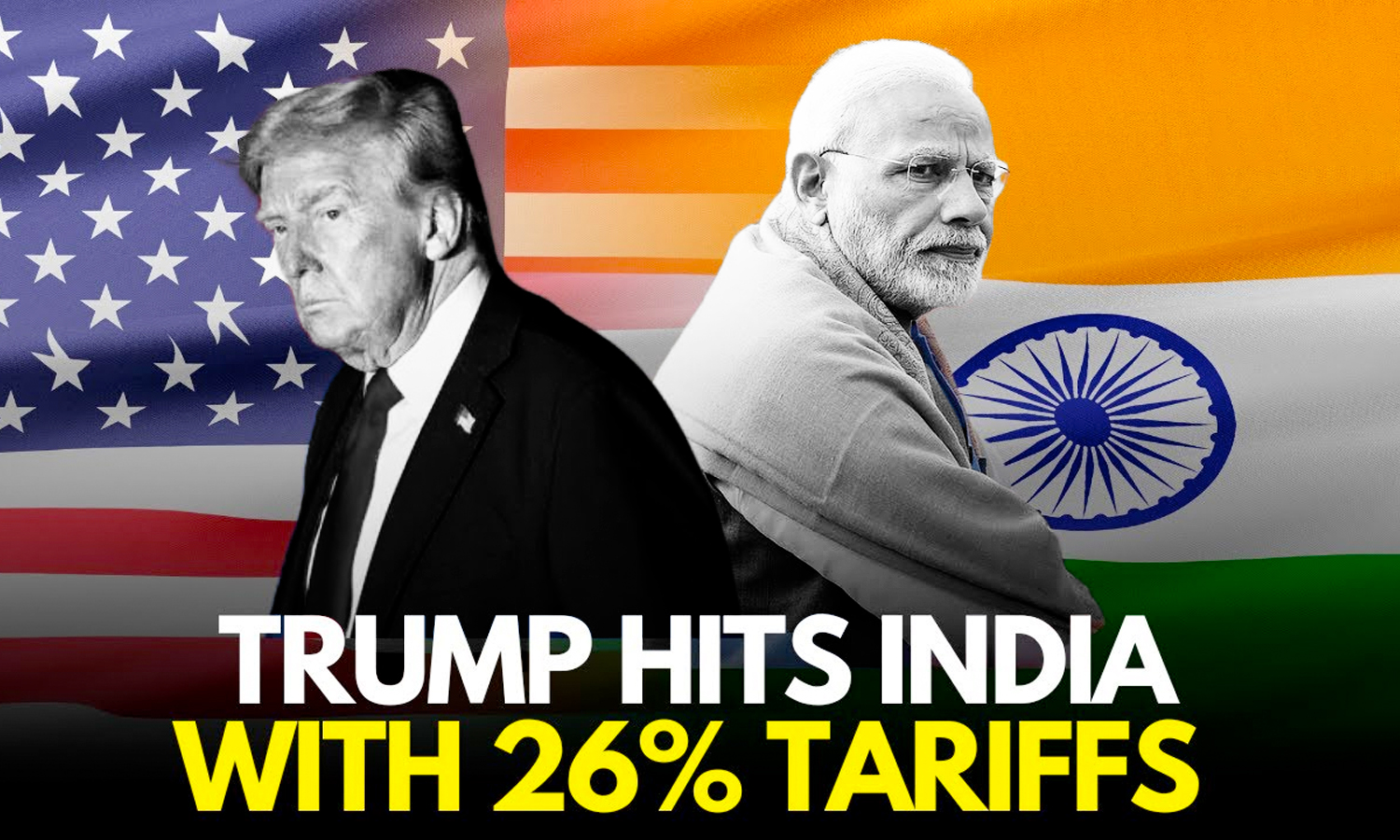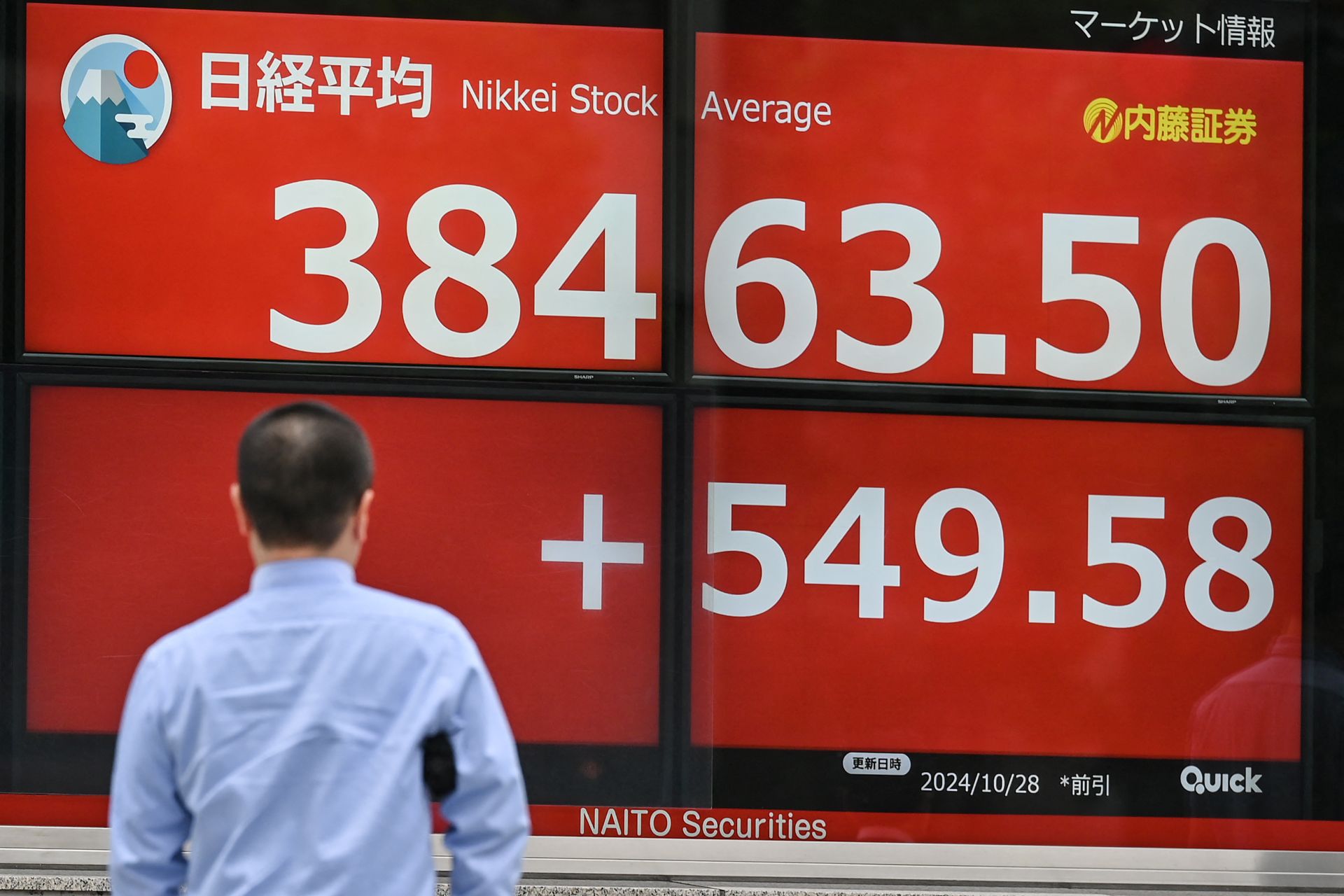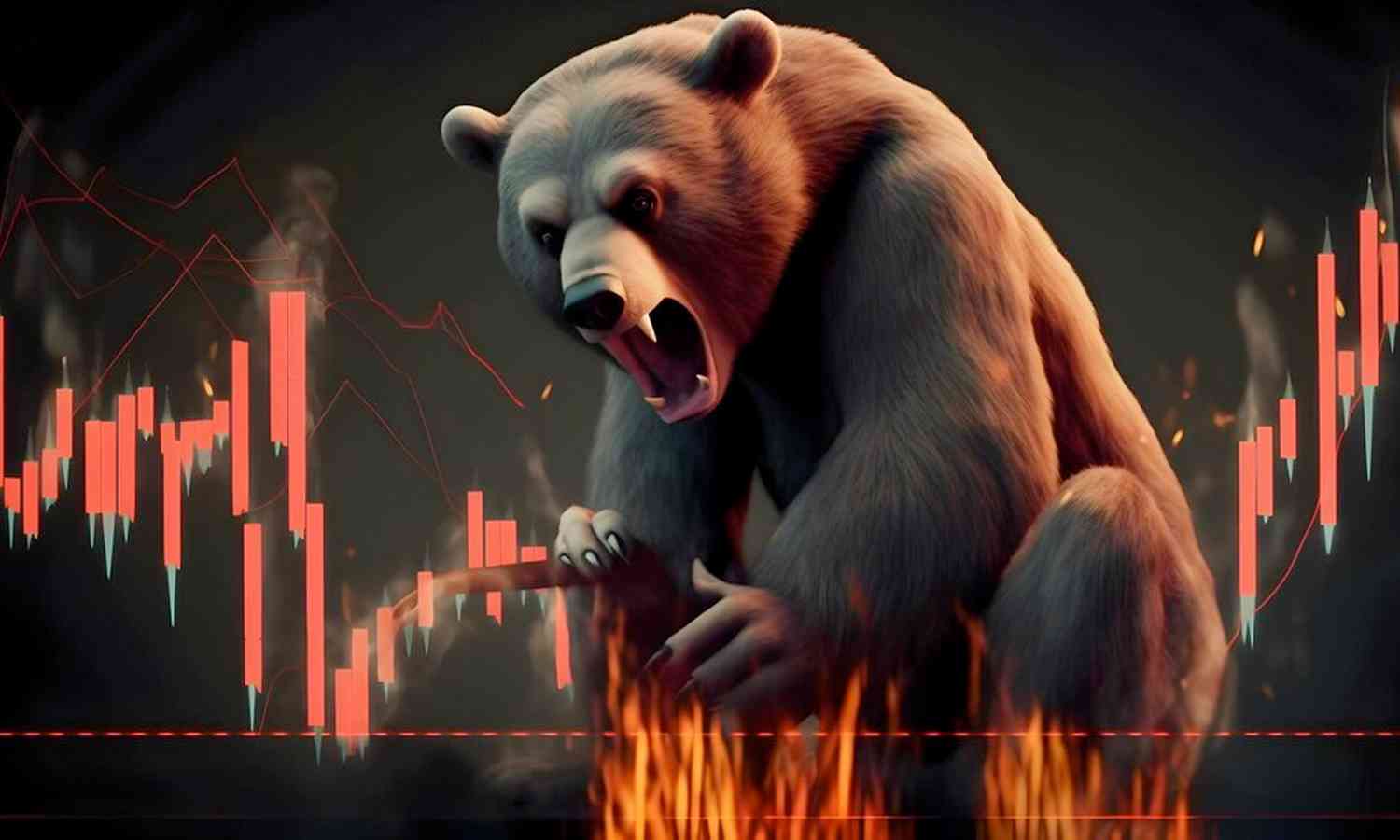Trump’s Tariff Shock Sends Global Markets into Tailspin — Indian Equities Nosedive as Fallout Deepens
In a move that has reverberated through global financial markets, US President Donald Trump’s sweeping tariffs have sparked chaos, sending investors scrambling and equity indices plummeting. Indian stock markets were among the worst hit, opening to a bloodbath on Monday morning, with the Sensex crashing nearly 4,000 points and the Nifty losing over 1,000 points in early trade — marking their steepest drop in nearly a year.

Markets Reel as Tariff Panic Sets In
The Bombay Stock Exchange’s Sensex plunged by 3,939.68 points to 71,425.01 as trading resumed at 9 am following a weekend of uncertainty and growing anxiety. The Nifty 50 index tumbled 1,160.8 points to 21,743.65 in a matter of minutes, wiping out billions in market capitalisation. The immediate cause? A combination of aggressive US tariffs and a global sell-off in equities, particularly across Asia, where investors are rattled by the escalation of protectionist trade policies from Washington. US stock futures also signalled significant losses, suggesting the storm is far from over.

India Takes a Hit — But Not Alone
Trump’s decision to impose a 26% “reciprocal tariff” on India, citing high import duties on American goods, has added fuel to an already simmering trade war. While India is not the only target — other countries like China, the UK, and the EU were also named — the timing and scale of the move have exacerbated market jitters. Indian exporters, particularly in pharmaceuticals, textiles, and jewellery, now face heightened uncertainty in their largest overseas market. The broader economic ramifications — from weakening investor confidence to currency volatility — are likely to unfold in the days ahead.

Global Markets, Global Consequences
This isn’t just about India. From Tokyo to Frankfurt, markets opened in the red. Asian stocks saw heavy losses, with the Hang Seng Index and Nikkei both falling sharply, reflecting a broader anxiety over whether the world is sliding toward another prolonged trade conflict — and possibly even a recession. The global economy, already under strain from inflation, slowing growth, and geopolitical tensions, now faces yet another hurdle. Tariffs are blunt instruments, and when wielded with the force and unpredictability of Trump’s latest campaign, they risk damaging not only America’s trading partners but also the fragile supply chains and financial systems that underpin modern economies.

A Strategic Misstep?
Trump’s rhetoric might play well to domestic constituencies looking for economic nationalism, but the economic fallout paints a different picture. Protectionist tariffs might provide short-term leverage in negotiations, but history shows they often backfire — raising prices at home, triggering retaliation, and sowing market instability. For emerging economies like India, the challenge is twofold: mitigating immediate financial shocks while recalibrating long-term trade strategies. Some analysts suggest that this crisis could become an opportunity — to diversify export destinations, build self-reliant industrial capabilities, and deepen trade ties with blocs like BRICS and ASEAN.
As markets tumble and uncertainty mounts, one thing is clear — Trump’s tariff gambit has set the stage for a turbulent period in global finance. For India and other major economies, the path forward will require not only resilience but also a fundamental rethinking of how to engage in a world where economic unpredictability is fast becoming the new normal.






















